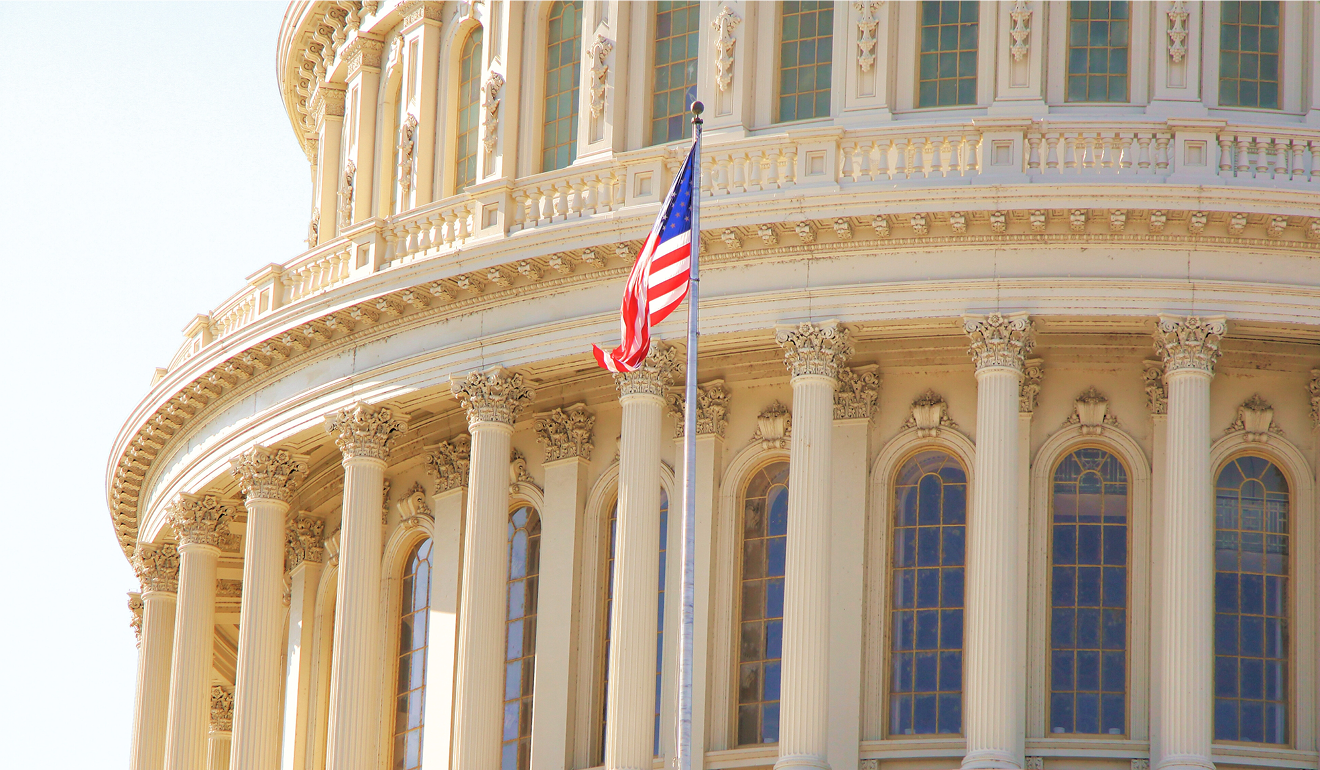Federal Updates
U.S. Department of Education
Fiscal Year 2026 Budget
The federal government is in the process of developing the Fiscal Year 2026 (FY26) federal budget, a process involving initial requests from the Executive Branch and then approval by Congress.
The U.S. Department of Education’s FY26 budget request includes changes such as eliminating funding for TRIO programs, making significant cuts to the Office for Civil Rights and funding work-study programs in a manner to reduce the federal contribution to student wages (increasing the employer contribution).
The FY26 Budget request also includes cuts from other departments that may have implications for higher education. In June, HLC sent a letter to Secretary of the Interior Douglas Burgum and various Senators regarding the impact of the proposed cuts in the Department of Interior, Bureau of Indian Education (BIE) budget on tribal colleges and universities.
Negotiated Rulemaking
In early July, the U.S. Department of Education hosted negotiated rulemaking on the topic of public service loan forgiveness. At the conclusion of the session, the negotiators did not reach a consensus. The U.S. Department of Education will now consider issuing a Notice of Proposed Rulemaking (NPRM) for public comment with its proposed regulations.
FAFSA
In June, the Department announced that it will launch the first round of beta testing for the 2026–27 Free Application for Federal Student Aid (FAFSA) form in August and committed to officially launching this FAFSA by October 1.
Congress
Accreditation Legislation
Congress is currently considering two different pieces of legislation regarding accreditation: the Accreditation for College Excellence (ACE) Act of 2025 and the Accreditation Choice and Innovation Act.
The Accreditation for College Excellence Act prohibits “political litmus tests” in accreditation.
The Accreditation Choice and Innovation Act would amend the Higher Education Act (HEA) in various ways, including prohibiting employees of member institutions from serving on the governing boards of accreditors, requiring specific standards related to student achievement, and prohibiting accreditors from having standards beyond those required in the HEA that affect an institution’s accreditation status.
As part of the Council of Regional Accrediting Commission (C-RAC), HLC joined in writing a letter to the House of Representatives Committee on Education and Workforce Chair Tim Walberg regarding the Act.
Budget Reconciliation
In early July, President Trump signed the budget reconciliation bill, also known as the One Big Beautiful Bill Act. There are numerous aspects of the bill that impact higher education, including student aid eligibility, particularly with respect to “low-earning outcome programs;” loan repayment requirements; the creation of a workforce Pell grant program for educational programs at accredited institutions; and changes to the taxation of institutional endowments.
As Congress was considering the bill, HLC joined numerous other organizations in signing a letter expressing concerns regarding various provisions.
It is expected that the U.S. Department of Education will now initiate negotiated rulemaking regarding several of the provisions in the bill.
State Updates
Numerous states have passed or continue to consider legislation related to higher education or accreditation. For example, in May, Iowa established a law that prohibits public entities from engaging in certain activities related to diversity, equity, and inclusion; and that creates a private right of action related to accreditors in some instances.
The National Conference of State Legislatures (NCSL) maintains a database of legislation related to postsecondary education.
Advocacy Agenda
HLC maintains an Advocacy Agenda that outlines its advocacy priorities related to federal and state regulations and legislation that apply to accreditation and higher education.
HLC’s Relationship Within the Triad
HLC has developed a statement on its Relationship Within the Triad to explain the shared oversight and the interconnected higher education environment in the United States. In particular, HLC notes in its statement that:
“The college or university’s mission is central to HLC’s accreditation and assurance of academic quality. In determining whether institutions meet HLC requirements, HLC considers the institution’s mission. An accredited institution demonstrates how it meets HLC requirements through a mission-reflective lens.
…
Should any of HLC’s requirements overlap with requirements from other members of the Triad, we work with the other Triad members to identify these situations and limit the burden on the institution.
HLC does not prescribe how a member institution meets HLC’s requirements. If a requirement of another entity of the Triad may appear to limit an institution’s ability to meet HLC’s requirements in a particular manner, an institution has the flexibility within HLC’s requirements to identify other ways to demonstrate it meets HLC’s requirements.”
Questions?
Contact [email protected] .
Keep Reading
Latest Issue:
-
BGD Says
-
HLC Welcomes New Leaders to Board of Trustees
-
New Dues and Fees and Policy Changes Adopted
-
Introducing HLC’s News Brief
-
HLC’s Stand-Alone Assurance System Sunsets in November 2025
-
Present at Higher Learning 2026: Call for Proposals Opening
-
Advocacy and Higher Education Policy Update
-
Academy Mentor Finds Joy in Giving Back

